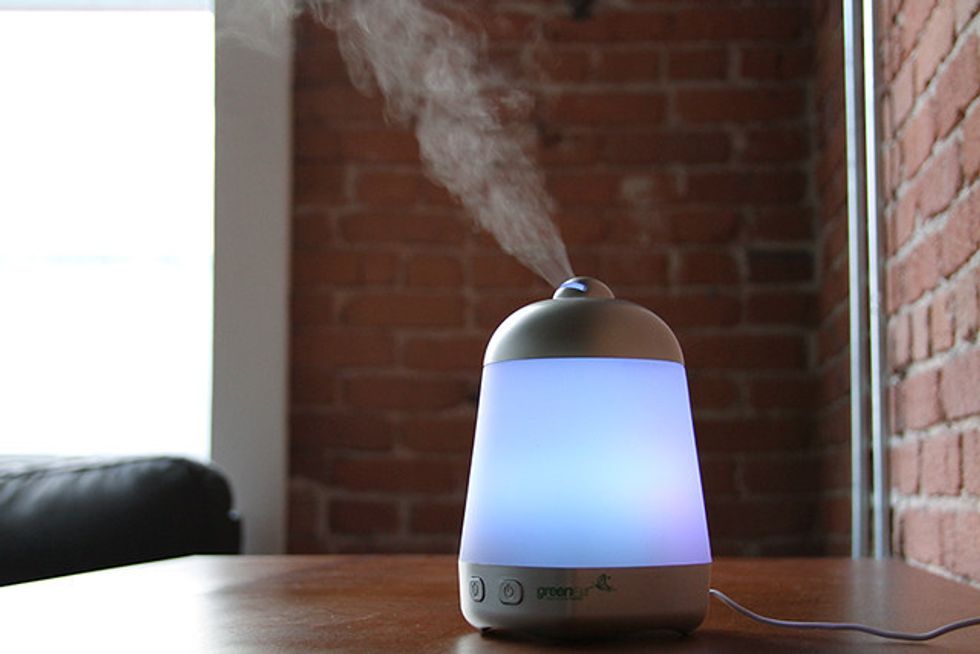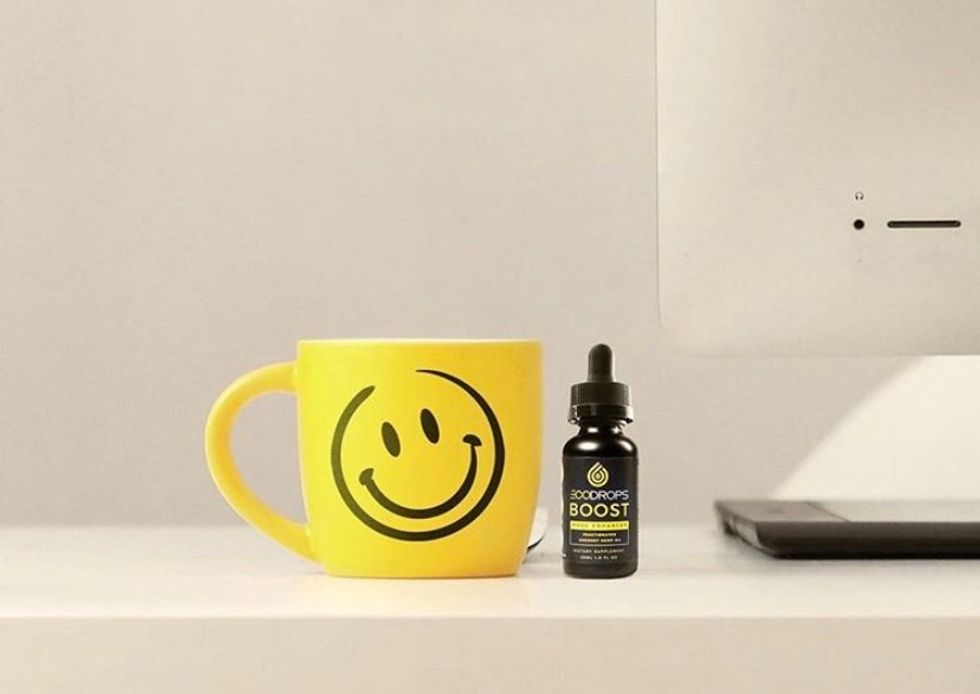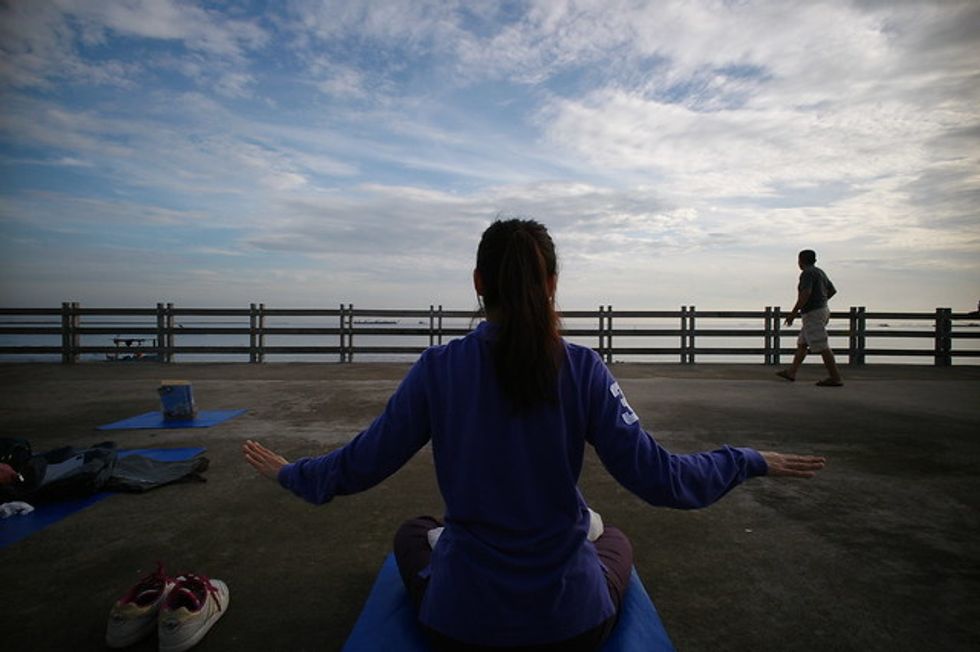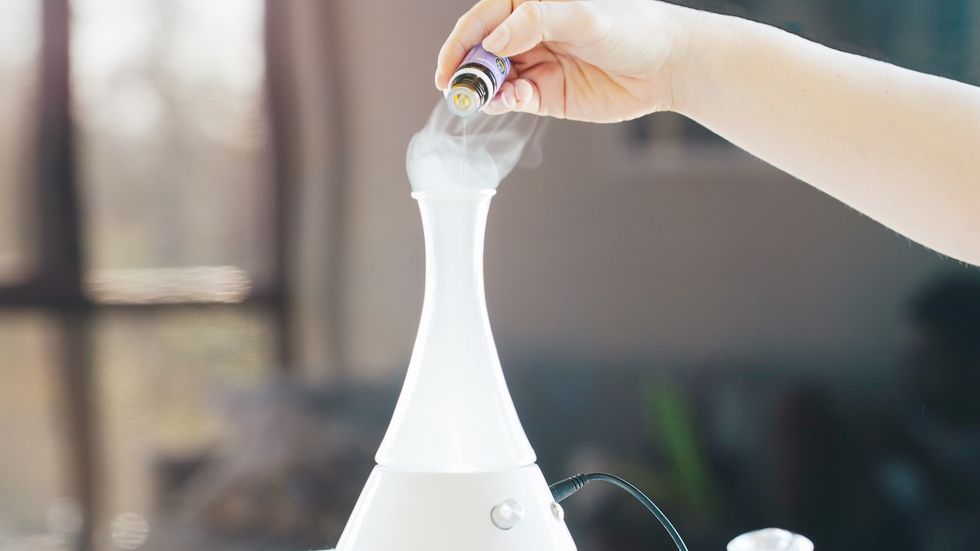Anxiety disorders are the most common mental illness in the United States. There are still many people who misunderstand what they are and how they affect your life, let alone how they're treated.
The most common treatments for anxiety disorders are medication and therapy. Typically, it is recommended you do both for the most successful results.
But what if you can't afford therapy? What if you can't afford medication? What if the medication makes you feel worse, or doesn't work for you?
There are a number of reasons people choose not to take medication or go to therapy. Without treatment, however, anxiety can be difficult to manage.
It might surprise you to know there are natural ways to treat symptoms of anxiety. These options can be more affordable, healthier, and just as helpful.
Essential Oils

With a variety of uses and combinations, using essential oils is one of the most helpful ways to naturally treat anxiety.
Ylang ylang, chamomile, and frankincense oils all have a calming effect and can be used to treat symptoms of anxiety and depression. Lavender, often considered the most common essential oil, is also used, and can even help with sleep.
Essential oils can be used in a variety of ways. One of the most common ways is aromatherapy; candles and diffusers can help spread the oils into the air, which can help you relax when you inhale their scent. Products that are made with essential oils, like lotion, can help upon absorption through the skin. Oils are often too harsh for your skin to handle alone, so it's recommended you use a carrier oil before application (although I dab a little bit of straight lavender oil under my nose to help me sleep at night, and I have no problems).
I use the doTERRA Cheer blend to help manage my anxiety. I roll a little on my wrists and temples, and it helps a lot. It is a combination of different oils and herbs—it's important to remember that some oils complement each other, so blends can be just as helpful as individual oils.
There are many essential oils that can help you manage anxiety symptoms naturally and many combinations. If this sounds like an option for you, do a little research to find your perfect oils.
CBD Oil

Cannabidiol — more commonly called CBD oil — has the relaxing properties of marijuana without the THC that gets you high. CBD oil can be purchased in tincture form, which you can either mix with food or place under the tongue, or in products like lotion, which is absorbed through the skin. Although some CBD oil may contain trace amounts of THC, the ratio is often so small that it will have no effect on you.
CBD oil is becoming more popular with the rise of legal marijuana. Celebrities like Kim Kardashian, who threw a CBD-themed baby shower ahead of the birth of her fourth child, have been promoting it all over social media.
CBD oil isn't for everyone, but many who use it find that it relieves many of their anxiety symptoms. However, with a variety of products to choose from, CBD oil is a good, natural way to help yourself relax.
Meditation

Meditation can be tricky, but once you learn how to meditate, it can be an incredibly helpful way to manage symptoms of anxiety.
If you need help, there are tutorials on YouTube and several meditation apps to choose from. Headspace is what I use, and they offer a series of basic meditations free so you can try it out. If you get a subscription, they offer a range of meditation topics — from falling asleep to getting rid of stress, and, of course, managing anxiety.
Though meditation can seem daunting at first, it's a great way to naturally treat anxiety.
Although natural treatments may be easier and more affordable, it is still important to consider medication and/or therapy if a healthcare provider thinks those options are necessary for you. However, natural treatments are a great alternative to paying an arm and a leg for therapy or filling your body with man-made chemicals.
Try managing anxiety symptoms naturally — you might be surprised by how easy and affordable it can be!
Editor's note: The views expressed in this article are not intended to replace professional medical advice, diagnosis, or treatment.















